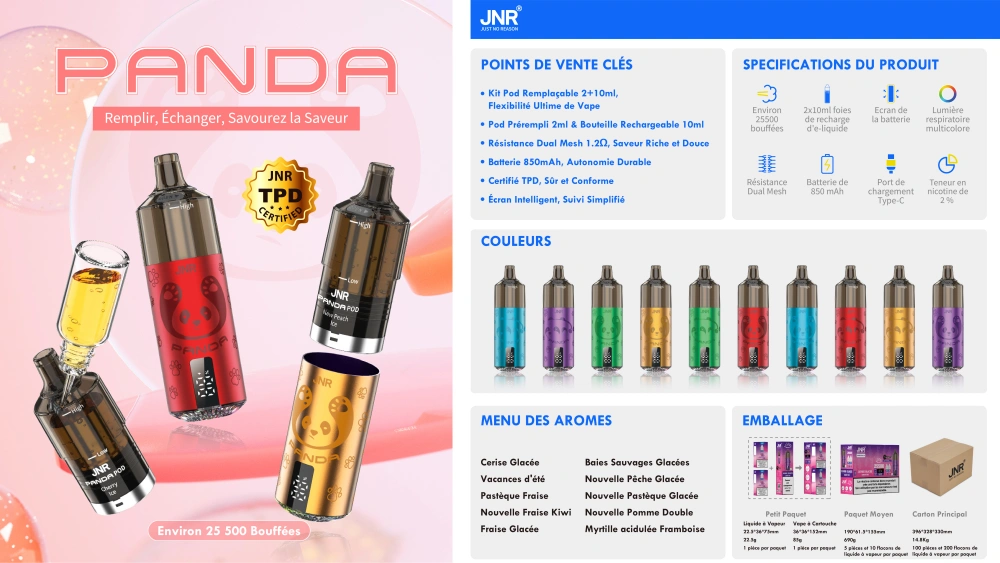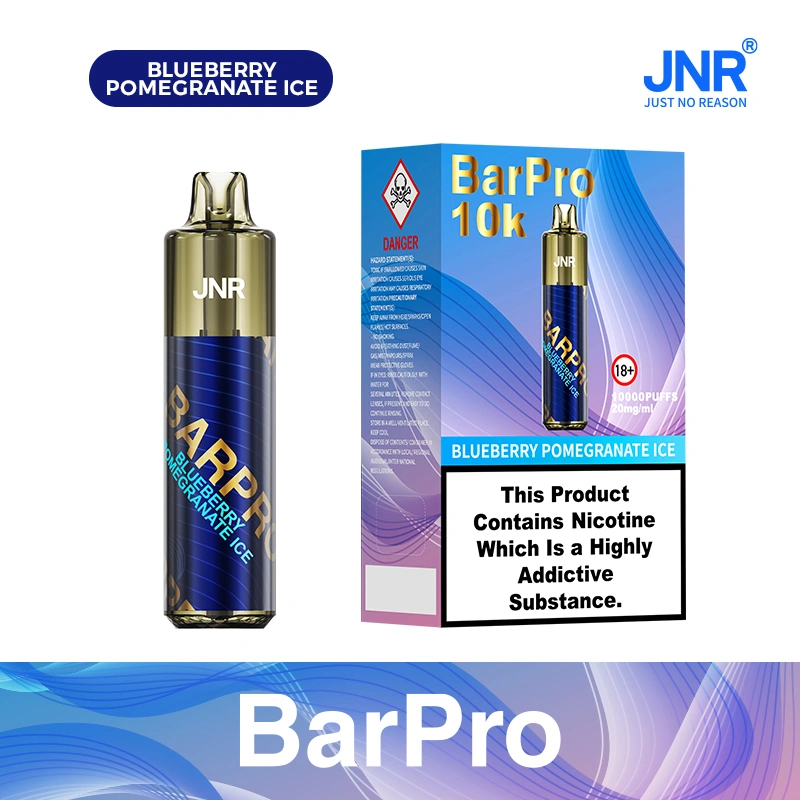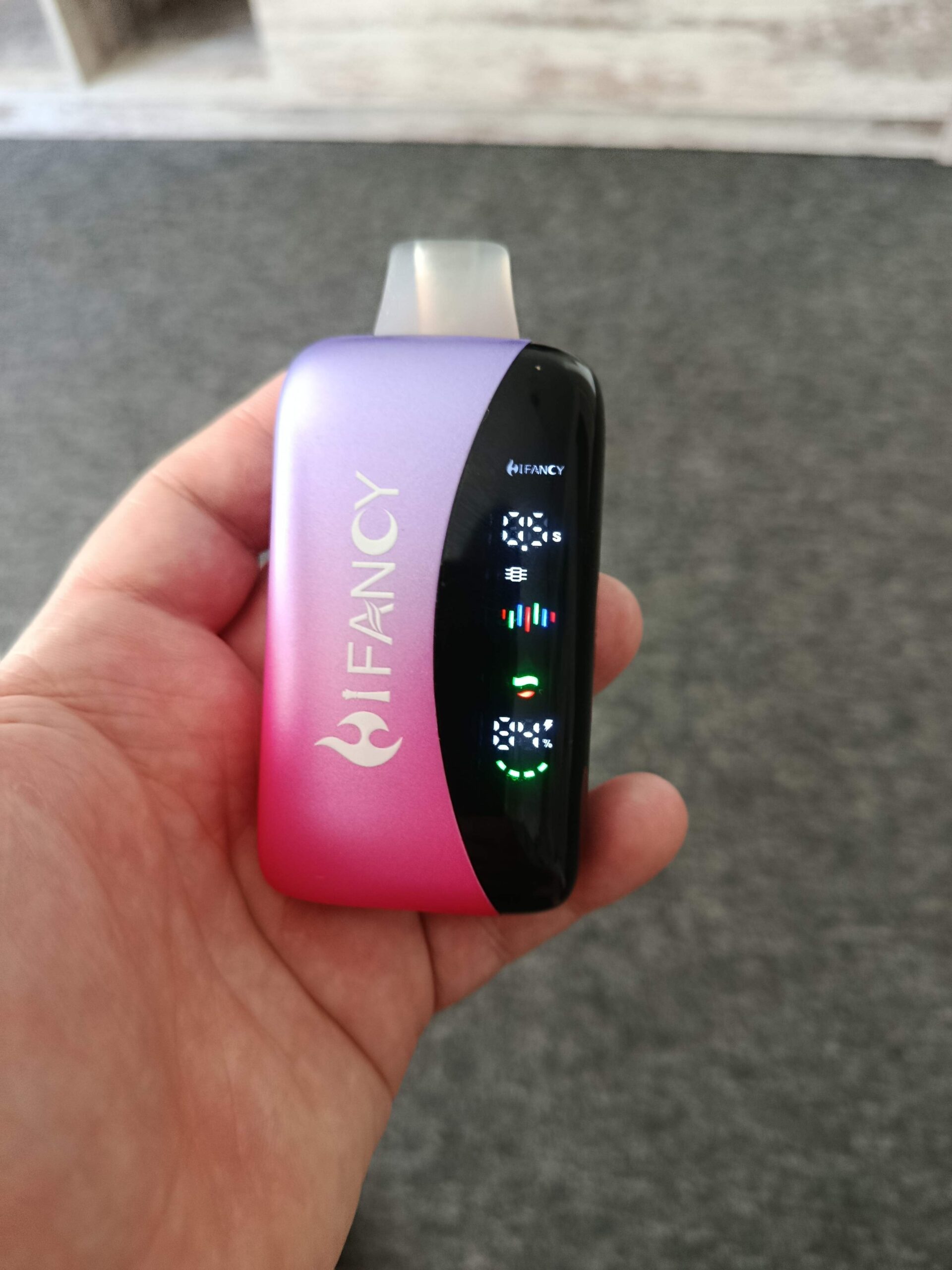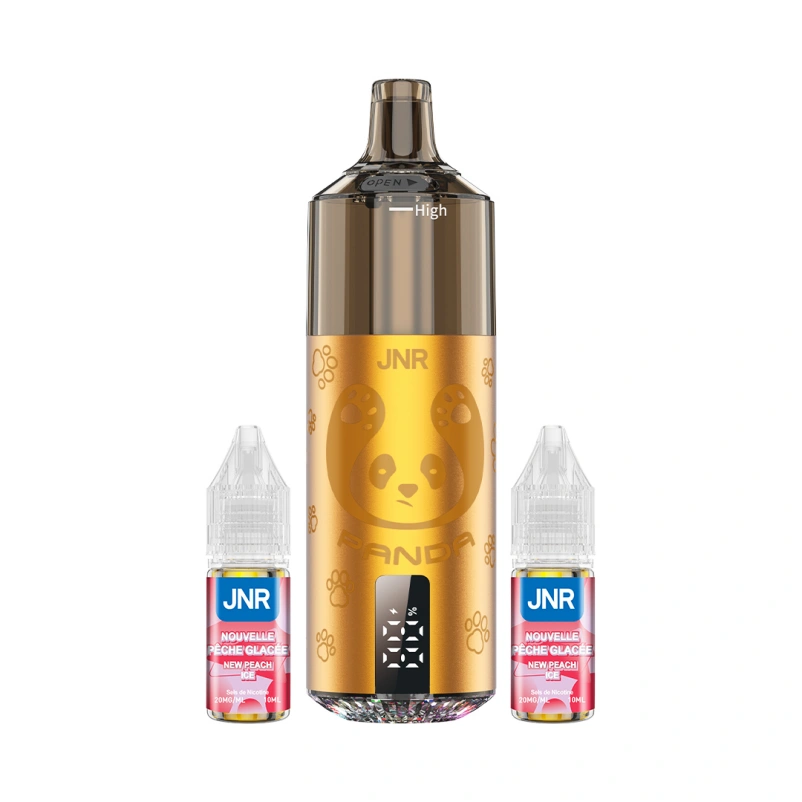Demanda de talento en el sector de los cigarrillos electrónicos
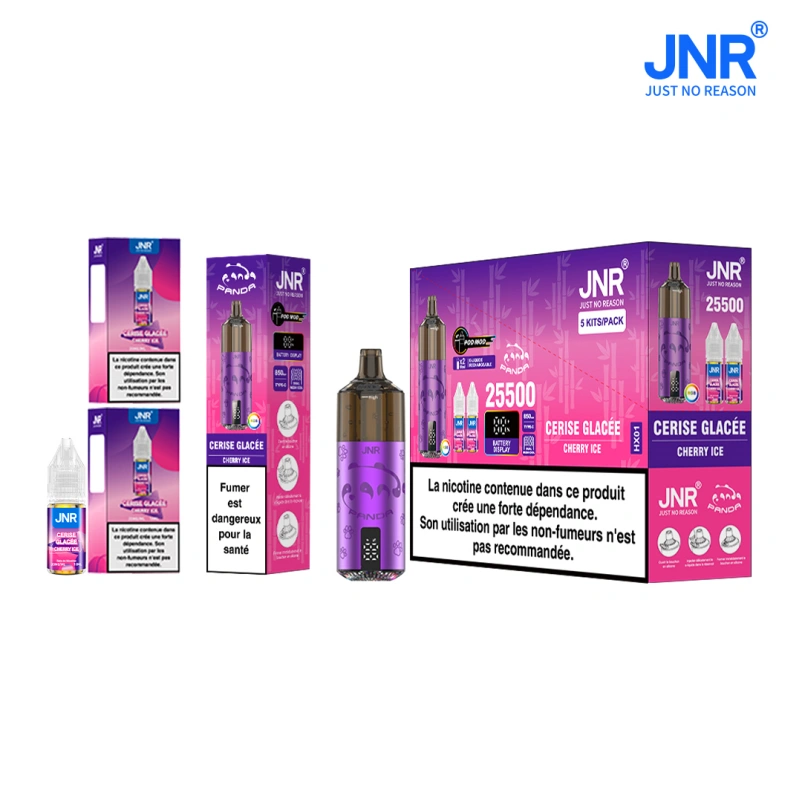
Electronic Cigarette Industry Talent Demand: Navigating Skills Gaps and Emerging Opportunities
The electronic cigarette sector’s rapid growth, driven by technological innovation and shifting regulatory landscapes, has created a dynamic job market with diverse talent needs. From research and development to compliance and marketing, companies across the supply chain are seeking professionals with specialized expertise to address industry-specific challenges. Below are key areas where talent demand is surging, reflecting the sector’s evolving priorities.
Regulatory Affairs and Compliance Expertise
As governments worldwide tighten rules on vaping products, regulatory affairs specialists are in high demand to ensure companies adhere to complex legal frameworks. These roles involve interpreting legislation such as the U.S. FDA’s Pre-Market Tobacco Product Applications (PMTA) process, the EU’s Tobacco Products Directive (TPD), or national bans on flavored e-liquids. Professionals must navigate approval timelines, submit detailed documentation, and liaise with authorities to avoid penalties or market withdrawals.
Compliance officers also play a critical role in maintaining ethical standards, particularly around marketing to minors and health claims. Companies require experts to audit advertising campaigns, packaging designs, and online content to prevent violations. For instance, a social media manager might collaborate with legal teams to craft age-gated promotions that avoid appealing to underage audiences while still engaging adult smokers.
Cross-border trade experience is another sought-after skill, as manufacturers expanding into global markets need staff familiar with import/export regulations, taxation, and labeling requirements in regions like Asia, Latin America, or the Middle East. Fluency in multiple languages and knowledge of international trade agreements enhance a candidate’s appeal in this niche.
Scientific Research and Product Development Innovation
The push to position vaping as a harm reduction tool has intensified demand for researchers with backgrounds in toxicology, pharmacology, and public health. These professionals design studies to compare the safety profiles of electronic cigarettes versus traditional tobacco, analyze biomarker data, and publish peer-reviewed findings to support regulatory submissions. Universities and private labs frequently partner with industry players, creating opportunities for academics to transition into applied research roles.
Product development teams require engineers skilled in areas such as battery safety, coil design, and aerosol chemistry. For example, a mechanical engineer might optimize a device’s airflow system to reduce overheating risks, while a chemist could develop new e-liquid formulations using natural flavorings to meet clean-label trends. Familiarity with Good Manufacturing Practices (GMP) and ISO standards is essential to ensure products meet quality benchmarks.
Data scientists are increasingly vital for interpreting consumer feedback and market trends. By analyzing sales data, social media sentiment, and survey responses, they identify patterns such as regional flavor preferences or device feature demands. This insights-driven approach helps companies prioritize R&D investments, such as launching a compact pod system for on-the-go users or a reusable tank for cost-conscious vapers.
Marketing and Brand Strategy in a Restricted Environment
Vaping’s unique regulatory constraints have reshaped marketing roles, requiring creativity within strict boundaries. Brand managers must craft campaigns that emphasize harm reduction without making unproven health claims or targeting non-smokers. This demands a deep understanding of advertising laws, such as restrictions on influencer partnerships or testimonials in the EU and U.S.
Digital marketing expertise is critical, as companies rely on SEO, content marketing, and social media to reach adult audiences discreetly. For instance, a digital strategist might optimize a website for keywords like “smoking alternatives” to attract organic traffic while avoiding terms banned by platforms like Google Ads. Email marketing specialists also design drip campaigns to educate subscribers about product safety features or cessation resources.
Community engagement roles are emerging as brands seek to build trust through transparency. Customer success managers might host virtual Q&A sessions to address safety concerns or partner with healthcare providers to distribute educational materials in clinics. These initiatives position companies as partners in public health rather than mere sellers of recreational products.
Supply Chain and Sustainability Management
Global supply chain disruptions have highlighted the need for logistics professionals who can navigate raw material shortages, shipping delays, and geopolitical tensions. Procurement specialists must secure ethical sources for components like lithium-ion batteries or food-grade flavorings, often requiring certifications such as Conflict Minerals Reporting or Fair Trade compliance.
Sustainability officers are in demand as the industry faces scrutiny over electronic waste and plastic pollution. These roles involve designing recycling programs for used devices, switching to biodegradable packaging, or partnering with NGOs to offset carbon emissions from manufacturing. For example, a company might launch a take-back initiative where customers return old pods for recycling in exchange for discounts on future purchases.
Quality assurance analysts ensure supply chain partners meet environmental and social standards, conducting audits of factories to verify labor practices and waste management protocols. This role is vital for maintaining brand reputation, particularly as consumers increasingly prioritize ethical consumption.
Conclusión
The electronic cigarette industry’s talent landscape reflects its dual focus on innovation and responsibility. As regulations tighten and consumer expectations evolve, companies are investing in professionals who can bridge scientific, legal, and creative disciplines. From navigating PMTA deadlines to designing eco-friendly packaging, the sector offers diverse career paths for individuals passionate about shaping the future of harm reduction and alternative nicotine delivery.

